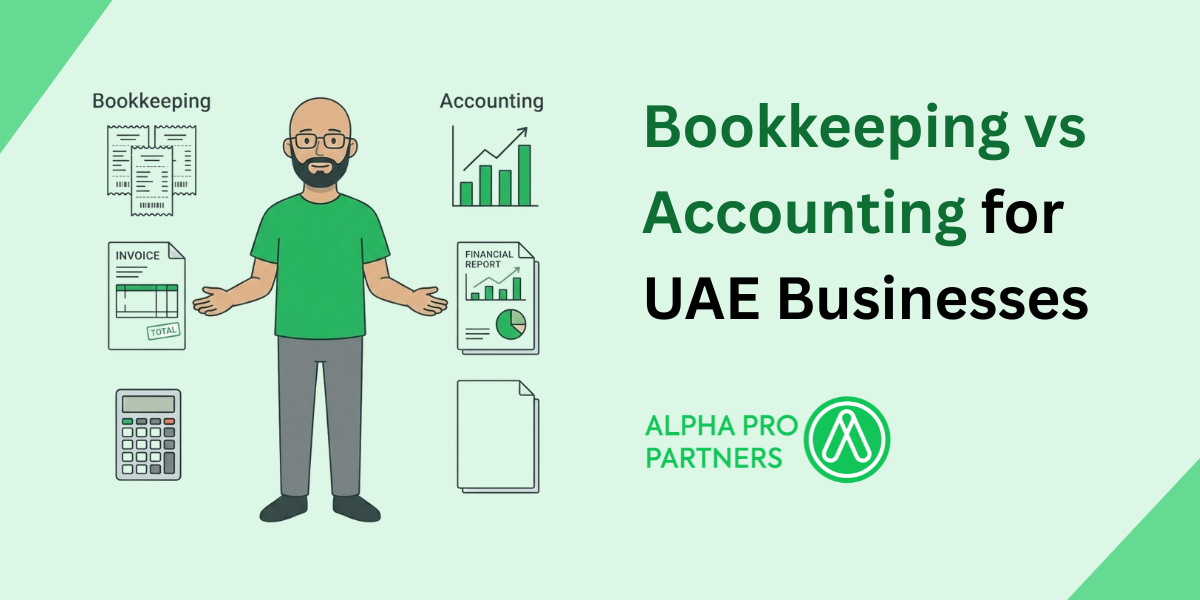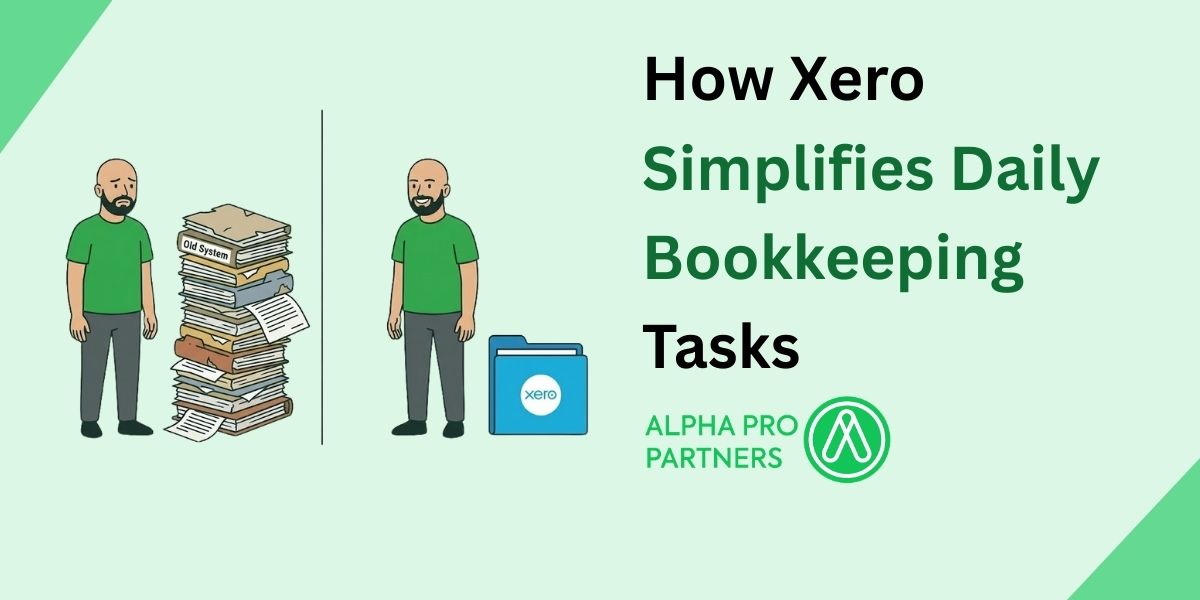UAE DTAAs and Double Tax Treaties Explained

When income is earned across borders, the risk of being taxed in two countries can quickly complicate finances. For individuals and businesses, double taxation adds unnecessary pressure and reduces returns. To resolve this, the UAE has created one of the broadest networks of Double Taxation Avoidance Agreements (DTAAs) worldwide.
These treaties provide clarity, reduce tax costs, and ensure fair treatment of cross-border income. To claim the benefits, UAE residents and companies must obtain a Tax Residency Certificate from the Federal Tax Authority.
This guide explains how DTAAs work in the UAE, who they apply to, what income is covered, and the country’s position as a treaty hub.
How DTAAs Work
A Double Taxation Avoidance Agreement is a bilateral arrangement between two states. It defines which country has taxing rights over certain types of income and ensures that income is not taxed twice. Relief is provided through either exemptions or credits.
For individuals, this means salaries, pensions, or investment income are not taxed twice. For businesses, it allows profits, royalties, or dividends to move between jurisdictions without heavy withholding taxes or duplicated compliance.
The UAE’s Expansive Treaty Network
By 2025, the UAE had signed more than 140 tax treaties with countries across Europe, Asia, Africa, the Middle East, and Latin America. This puts the UAE among the most connected treaty jurisdictions globally.
Notable partners include the UK, India, China, France, Singapore, Italy, Australia, and Saudi Arabia. Many developing and strategic markets are also covered.
The UAE does not yet have a treaty with the United States, and its treaty with Germany expired at the end of 2021 with no replacement signed so far.
Who Oversees the Treaties?
The Ministry of Finance negotiates and ratifies tax treaties, while the Federal Tax Authority manages their application.
The FTA’s role includes issuing Tax Residency Certificates, coordinating with foreign authorities, and overseeing procedures for individuals and companies to access treaty benefits.
Impact on Individuals in the UAE
Expatriates and Employees
For expatriates, treaties often prevent foreign home countries from taxing UAE-sourced salaries, provided residency rules are met. A British professional working in Dubai, for example, may avoid UK taxation on UAE income if they hold a valid Tax Residency Certificate.
Global Investors and High-Net-Worth Residents
Investors benefit from reduced withholding taxes on dividends, interest, and royalties. Some treaties also exempt capital gains, meaning UAE-based investors may not face tax on profits from selling shares or securities abroad.
Retirees, Freelancers, and Remote Professionals
Special provisions in many treaties apply to pensions, students, teachers, and freelancers. For retirees, pensions may only be taxable in the UAE if the treaty grants exclusive rights to the residence state. Freelancers working remotely from the UAE can also avoid tax abroad if they do not create a permanent establishment in the client’s country.
The Role of Tax Residency Certificates
To enjoy these benefits, individuals must obtain a Tax Residency Certificate from the FTA and present it to the foreign tax authority.
How Businesses Benefit
Relief on Overseas Profits
A UAE company without a permanent establishment abroad is typically not taxed in the other country. If foreign tax is paid, the UAE system allows credit to prevent double taxation.
Lower Withholding Taxes
Treaties reduce withholding tax on dividends, royalties, and interest. For instance, instead of a 20% foreign withholding tax, a UAE company may only face 5–10% depending on the treaty. Since the UAE itself does not impose withholding taxes, outbound payments are also efficient.
Permanent Establishment Rules
Treaties define what counts as a permanent establishment. Without one, a UAE business cannot be taxed abroad on trading income. This gives companies certainty when expanding internationally.
Structuring Cross-Border Investments
Many companies use the UAE as a base to access treaty benefits for investments in Asia, Africa, and Europe. This makes the UAE attractive for industries such as real estate, technology, and finance.
Income Covered by UAE Treaties
Most UAE treaties follow the OECD model convention and cover:
- Business profits: Taxed only in the country of residence unless a permanent establishment exists abroad.
- Dividends: Withholding tax often capped at 5–15%.
- Interest: Reduced rates or full exemptions.
- Royalties: Usually taxed at treaty-reduced rates of 5–10%.
- Capital gains: Generally taxed only in the residence country, except for real estate-related gains.
- Employment and pensions: Rules vary, but pensions are often taxable only in the country of residence.
Recent Developments
Corporate Tax Introduction
Since June 2023, the UAE has applied a 9% corporate tax on business profits above AED 375,000, making DTAAs more relevant for reducing foreign tax exposure.
Treaty with Germany
Germany allowed its treaty with the UAE to lapse in 2021. Negotiations for a new agreement are ongoing.
New Treaties Signed
Recent agreements include Israel, the Czech Republic, Jamaica, and Côte d’Ivoire. Updates to existing treaties also introduced anti-abuse clauses in line with OECD standards.
Transparency and Global Standards
The UAE has adopted measures like the Multilateral Instrument (MLI), the Common Reporting Standard (CRS), and the Principal Purpose Test to strengthen compliance and reduce treaty abuse.
Comparing UAE with Other Global Hubs
- Singapore: Fewer treaties overall, but strong within Asia. The UAE now has a broader global reach.
- United Kingdom: More than 130 treaties, but the UK taxes global income. The UAE focuses on relief through its zero personal income tax system.
- India: Still vital, though tightened in recent years to curb misuse.
- Netherlands: Long a hub for treaty-based structuring, but the UAE’s low domestic taxes make it a compelling alternative.
Claiming Benefits in Practice
To claim treaty advantages, individuals and businesses must obtain a Tax Residency Certificate from the FTA. This certificate is presented to foreign tax authorities or included in tax filings abroad.
Companies must also demonstrate sufficient substance in the UAE, especially when claiming relief on dividends, royalties, or interest.
Do DTAAs Still Give the UAE an Edge?
Yes. Even with the corporate tax regime, the UAE remains one of the most favorable jurisdictions globally for tax treaty benefits. With its extensive network, transparent policies, and zero personal income tax, the UAE’s DTAA system continues to be a competitive strength for residents and businesses alike.
Looking to make the most of the UAE’s double tax treaties? Contact Alpha Pro Partners for expert guidance.
Frequently Asked Questions
What is a Double Taxation Avoidance Agreement?
It is a treaty between two countries that prevents income from being taxed twice.
How many treaties does the UAE have?
As of 2025, over 140 comprehensive treaties are active.
Who manages the issuance of Tax Residency Certificates?
The UAE’s Federal Tax Authority is responsible for TRCs.
Do DTAAs cover investment income?
Yes. Dividends, interest, royalties, and capital gains are generally included.
What happens if no treaty exists?
Income may be subject to tax in both countries without relief.
Do freelancers and retirees qualify for benefits?
Yes, provided they are UAE tax residents and meet treaty conditions.
Does the UAE have a treaty with the US?
No, the UAE and US do not have a tax treaty.
Why did the UAE–Germany treaty end?
Germany allowed it to expire in 2021, and it has not yet been replaced.
How are pensions treated under treaties?
Most agreements tax pensions only in the country of residence.
Are treaties still useful after UAE corporate tax?
Yes. They remain a vital tool for reducing cross-border tax burdens.

.webp)





.webp)










.webp)


.png)
.png)
.png)
.png)
.png)

.png)
.png)



.png)
.png)





.jpg)


.jpg)





.png)
.png)






.png)


